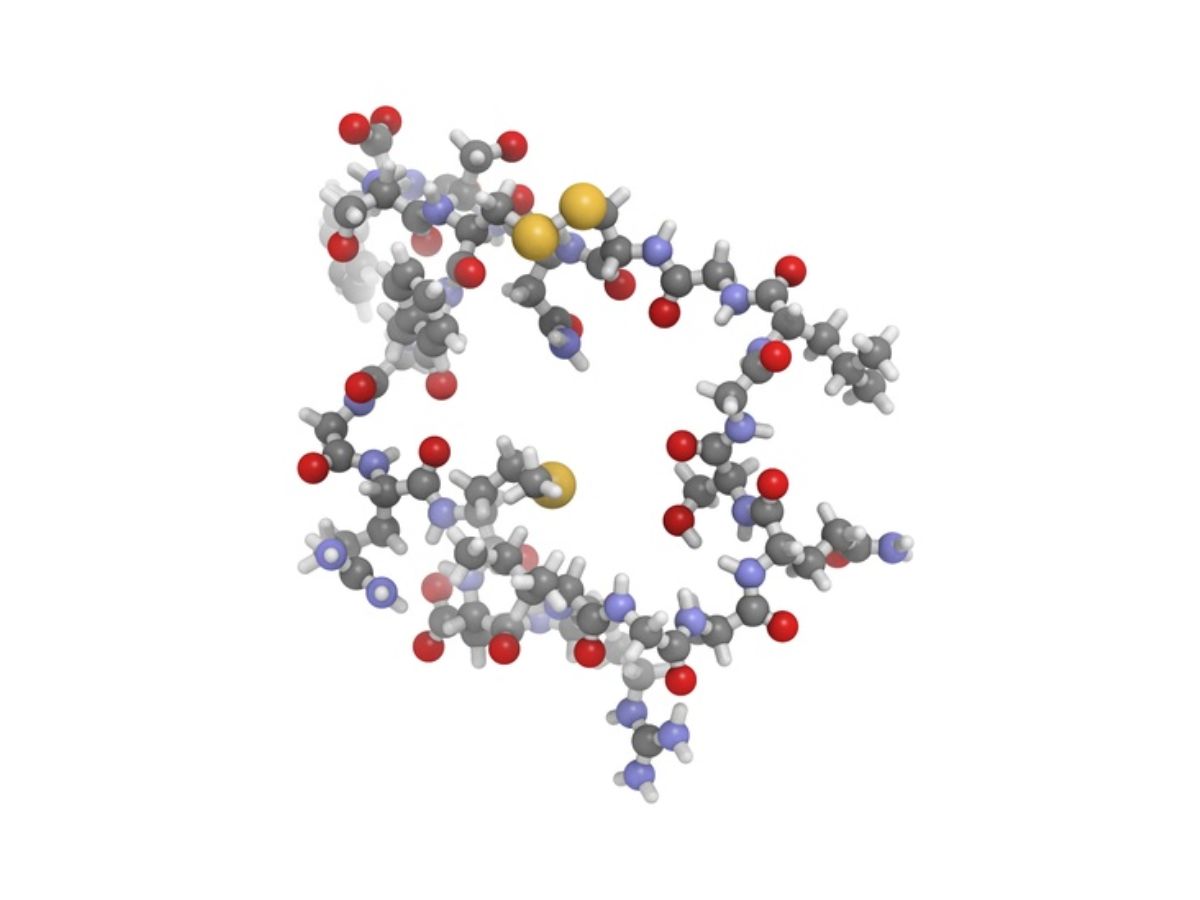
Atrial-Natriuretic Peptide (ANP) is a hormone produced by the heart's atria. It plays a crucial role in regulating blood pressure and fluid balance. When the heart detects increased blood volume, it releases ANP to help reduce the load. This hormone works by causing blood vessels to widen, promoting the excretion of sodium and water through urine, and inhibiting the release of other hormones that increase blood pressure. ANP is essential for maintaining cardiovascular health and preventing conditions like hypertension and heart failure. Understanding its functions can provide insights into managing heart-related diseases effectively.
What is Atrial-Natriuretic Peptide (ANP)?
Atrial-Natriuretic Peptide (ANP) is a hormone produced by the heart. It plays a crucial role in regulating blood pressure and fluid balance. Here are some fascinating facts about ANP that highlight its importance.
-
ANP is produced in the atria of the heart, specifically in the cardiac muscle cells.
-
The primary function of ANP is to reduce blood volume and pressure by promoting sodium and water excretion through the kidneys.
-
ANP was first discovered in 1981 by a group of Canadian researchers.
-
This hormone is released in response to the stretching of the atrial walls due to increased blood volume.
-
ANP works by binding to specific receptors in the kidneys, blood vessels, and adrenal glands.
How Does ANP Affect the Kidneys?
The kidneys are significantly influenced by ANP. This hormone helps maintain fluid balance and blood pressure through several mechanisms.
-
ANP increases the glomerular filtration rate (GFR), which enhances the kidneys' ability to filter blood.
-
It inhibits the reabsorption of sodium in the renal tubules, leading to increased sodium excretion.
-
By promoting sodium excretion, ANP also increases water excretion, reducing blood volume.
-
ANP suppresses the release of renin, an enzyme that regulates blood pressure and fluid balance.
-
This hormone also inhibits the action of aldosterone, a hormone that promotes sodium retention.
ANP's Role in Blood Vessels
ANP has a direct impact on blood vessels, contributing to its blood pressure-lowering effects.
-
ANP causes vasodilation, which is the widening of blood vessels, reducing blood pressure.
-
It inhibits the sympathetic nervous system, which normally constricts blood vessels and raises blood pressure.
-
ANP reduces the production of endothelin, a peptide that causes blood vessels to constrict.
-
This hormone also decreases the sensitivity of blood vessels to other vasoconstrictors like angiotensin II.
-
ANP promotes the relaxation of smooth muscle cells in the blood vessel walls.
ANP and the Heart
The heart not only produces ANP but also benefits from its effects.
-
ANP helps prevent cardiac hypertrophy, which is the thickening of the heart muscle.
-
It reduces the workload on the heart by lowering blood volume and pressure.
-
ANP has anti-inflammatory properties that protect the heart from damage.
-
This hormone also helps prevent fibrosis, the thickening and scarring of connective tissue in the heart.
-
ANP can improve heart function in patients with heart failure by reducing fluid overload and easing the heart's workload.
The Heart's Secret Weapon
Atrial-Natriuretic Peptide (ANP) plays a crucial role in maintaining cardiovascular health. This hormone, produced by the heart's atria, helps regulate blood pressure, blood volume, and sodium balance. By promoting vasodilation and increasing the excretion of sodium and water, ANP reduces the workload on the heart, preventing conditions like hypertension and heart failure.
Understanding ANP's functions can lead to better treatments for cardiovascular diseases. Researchers continue to explore its potential in developing new therapies. Knowing these facts about ANP highlights the importance of this powerful hormone in our bodies.
Stay curious and keep learning about the amazing ways our bodies work to keep us healthy. Knowledge is power, and understanding the role of ANP can help us appreciate the intricate systems that keep our hearts beating strong.
Was this page helpful?
Our commitment to delivering trustworthy and engaging content is at the heart of what we do. Each fact on our site is contributed by real users like you, bringing a wealth of diverse insights and information. To ensure the highest standards of accuracy and reliability, our dedicated editors meticulously review each submission. This process guarantees that the facts we share are not only fascinating but also credible. Trust in our commitment to quality and authenticity as you explore and learn with us.


